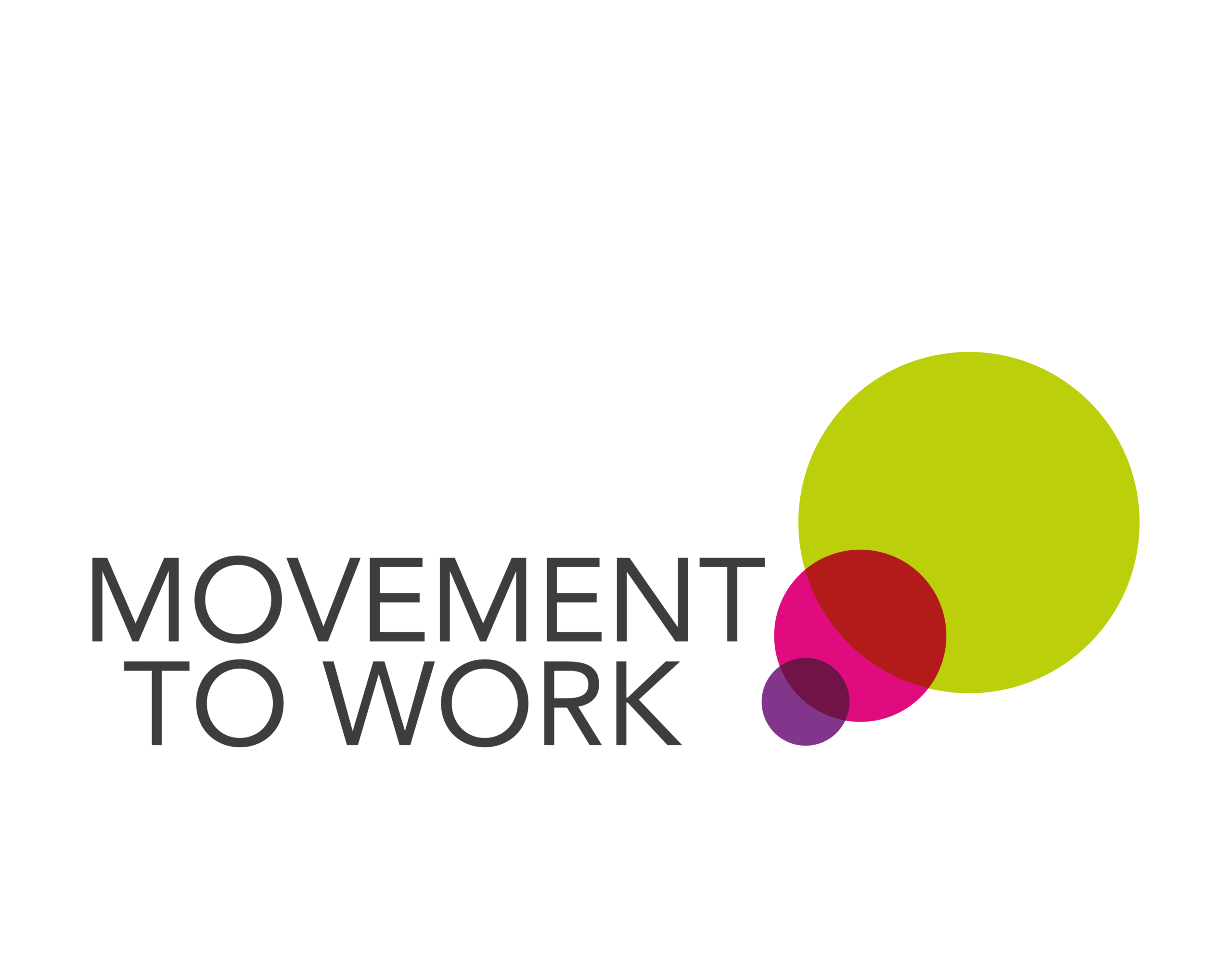Report by IES published in June on the Mental Health of young people in work.
The report forms part of a three-year project on improving good quality work for young people. It highlights experiences of young people and their mental health at work. What challenges they face, what action is needed by policymakers, employers, and wider support networks.
Key Findings
- Nearly half (46%) of young people surveyed who have a mental health condition do not disclose this to their employer due to feeling uncomfortable doing so. Female respondents are much less likely to disclose compared to male peers.
- Three in ten young people in the survey had either left a previous job or are planning on leaving their current job because of its impact on their mental health (19% and 11% respectively).
- Over two-fifths of young people in the survey either had a pre-existing mental health condition or challenge when recruited to their job (37%) or started experiencing one after joining (7%).
- Satisfaction with individual aspects of job quality does not translate into an overall positive impact on health and wellbeing. Just over half of young people feel satisfied at work (51%), and over one-third feel supported (35%) or enthusiastic (35%). Nonetheless, over one-quarter report feeling exhausted (27%).
- Young people are generally satisfied with the quality of their work (70% average across all factors). However, over three in ten respondents in our survey reported being dissatisfied with opportunities for career progression (37%), voice and representation (36%), pay (34%), feeling valued for their work (31%), and receiving support to manage their health (30%).
- Three in ten young people in the survey had either left a previous job or are planning on leaving their current job because of its impact on their mental health (19% and 11% respectively). Rates are higher among those who have an impairment, disability, or health condition and among those who specifically have a mental health condition.
